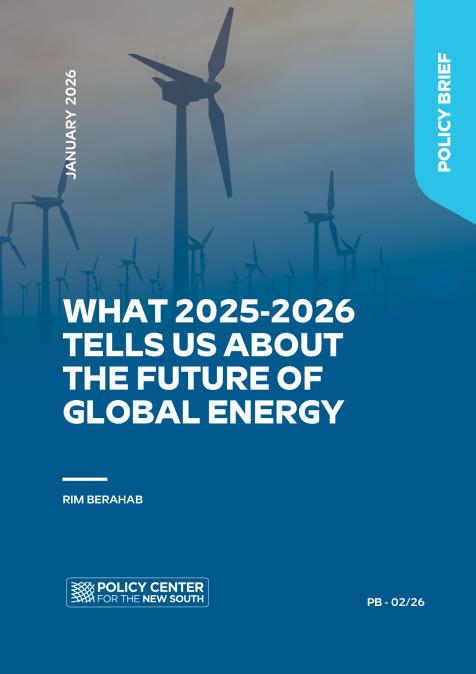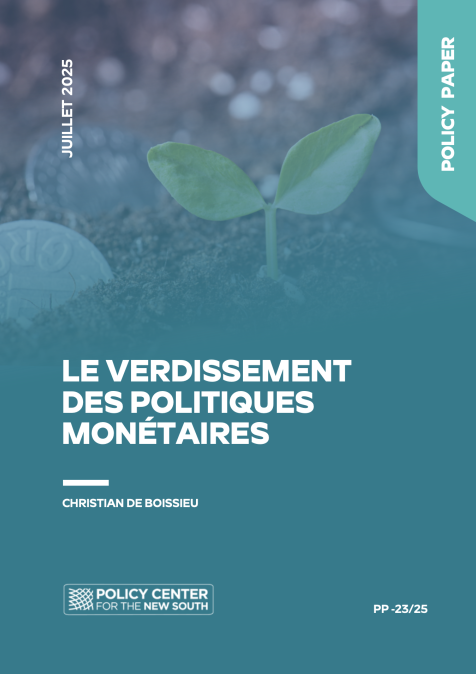It is now an established fact that investment in infrastructure is considered as a driver for economic growth. It acts through different channels. In the short run, the construction phase of any projects often implies the direct creation of new jobs and an indirect creation of on peripheral sectors, as a result of a rise in the sectoral activity. In the long run, sound infrastructure drives up potential growth by reducing input costs, facilitates regional integration and the efficiency of trade in goods. According to the latest estimates by the Global Infrastructure Hub, global investment in infrastructure is around $79 trillion while the investment needs are around $94 trillion. In the current state of affairs, the public sector remains the major investor in infrastructure and while the private sector involvement has been increasing, it is still far from the desired level that would close the $15 trillion funding gap. On the African continent, this gap is estimated at $68 to $108 billion dollars according to estimates by the African Development Bank. Energy, Water and Sanitation, and Transport are the main sectors where the resilient infrastructure are most needed, in order to provide high quality basic services such as electricity and water distribution. Furthermore, the current crisis related to COVID-19 as well as to the climate risks that the world is facing are calling for an approach to infrastructure based on objectives of sustainability. According to the C40, which regroups the main megacities around the world, urban centers account for 70% of the world’s Greenhouse Gases (GHG) emissions, with none less than 21% related to infrastructure and construction. The world is facing a momentum to act a shift in the paradigm of infrastructure building towards resilient green infrastructure. However, reaching these objectives requires diversifying the structure of financing by enhancing the participation of the private sector. The generalization of green infrastructure as an asset class will depend on reforming the general framework of implementation of PPP projects by including the appropriate risk mitigation tools and the buffers that ensure a steady and sustainable return on investment. Moreover, the governance of these institutional designs matters also to ensure the credibility of the partnerships between both sectors. With an increasing trend towards decentralization, implementation will also need to be decentralized to act at the local level and target the specific needs of urban centers.













